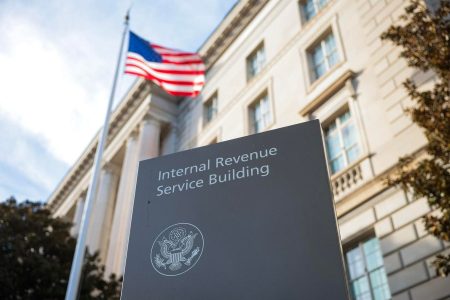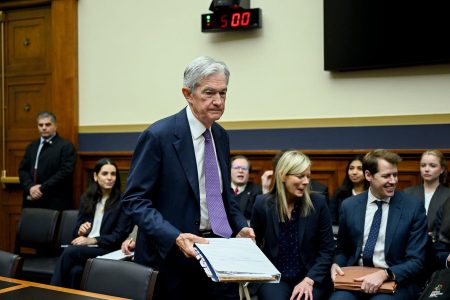Closed-end funds (CEFs) present a compelling avenue for sophisticated investors seeking diversified income and potential capital appreciation. Unlike their open-ended counterparts, CEFs offer a unique structure that allows for dynamic portfolio management and often higher yields, making them a valuable tool for those aiming to balance risk and reward across various market sectors.
The cornerstone of CEF investing lies in their ability to generate substantial income streams. With average yields around 8%, CEFs provide a significant advantage over traditional index funds, especially for income-focused investors. This robust income stream can be further amplified through reinvestment, allowing investors to strategically allocate dividends across different sectors within their CEF portfolio. This flexibility in dividend reinvestment distinguishes CEFs, enabling investors to capitalize on emerging opportunities or mitigate risks by shifting allocations between sectors based on market conditions and individual fund performance. Index funds lack this direct control over dividend reinvestment, limiting investor agility in response to market dynamics.
Sector rotation, a key element of successful CEF investing, becomes particularly relevant in years like 2024 where market performance varies significantly across sectors. By identifying sectors that have lagged behind market leaders, investors can strategically reallocate capital from outperforming sectors into these underperformers, anticipating a potential reversion to their long-term average performance. This approach, underpinned by the principle of mean reversion, allows investors to capitalize on potential price appreciation as lagging sectors catch up with market trends. The ability of CEFs to facilitate this dynamic reallocation process, coupled with their higher yields, enhances the potential for both income and capital gains.
The healthcare sector exemplifies this strategy. While demonstrating long-term strength with an annualized return of around 9% over the past decade, healthcare has underperformed in 2024. This disparity creates an attractive opportunity for investors to rebalance their portfolios, shifting profits or CEF dividends from stronger-performing sectors into healthcare. Specifically, healthcare CEFs like the abrdn Healthcare Investors Fund (HQH) offer high yields, making them potential candidates for this sector rotation strategy. However, it’s crucial to scrutinize individual fund characteristics beyond yield, including the sustainability of the distribution, portfolio composition, and the fund’s discount or premium to net asset value (NAV).
Deeper analysis of HQH reveals a complex picture. While its high yield is alluring, its recent dividend increase raises concerns about sustainability. A dividend yield significantly exceeding the total NAV return suggests the fund might be distributing more than it earns, potentially leading to a dividend cut or a return of capital, which can erode the fund’s value over time. Furthermore, the volatility of HQH’s discount to NAV adds another layer of complexity. While a wide discount can present a buying opportunity, it also reflects market sentiment and potential risks. The absence of a discount management program, a mechanism where the fund manager repurchases shares at a discount to support the share price, adds to the uncertainty surrounding HQH’s future discount trajectory.
In contrast, the BlackRock Health Sciences Trust (BME), while offering a lower yield, presents a more compelling case for long-term investors. BME trades at a more stable discount, supported by BlackRock’s discount management program, which provides a floor for the discount and offers potential for share buybacks, benefiting remaining shareholders. Moreover, BME’s historical performance, exceeding that of HQH on a total NAV return basis, indicates stronger management and potential for future outperformance. This historical performance, combined with the downside protection afforded by the discount management program, strengthens the argument for BME as a more reliable long-term investment within the healthcare sector.
In conclusion, CEFs offer a powerful mechanism for diversified income generation and sector rotation. While high yields are attractive, a thorough analysis of individual fund characteristics, including dividend sustainability, discount/premium dynamics, and the presence of discount management programs, is essential for prudent investment decisions. In the case of healthcare CEFs, BME’s lower yield is offset by its more stable discount, stronger historical performance, and the presence of a discount management program, making it a potentially more compelling choice for long-term investors seeking both income and capital preservation. Ultimately, the choice between CEFs like HQH and BME underscores the importance of looking beyond yield and conducting a comprehensive assessment of fund fundamentals and management strategies to align with individual investment goals and risk tolerance.










